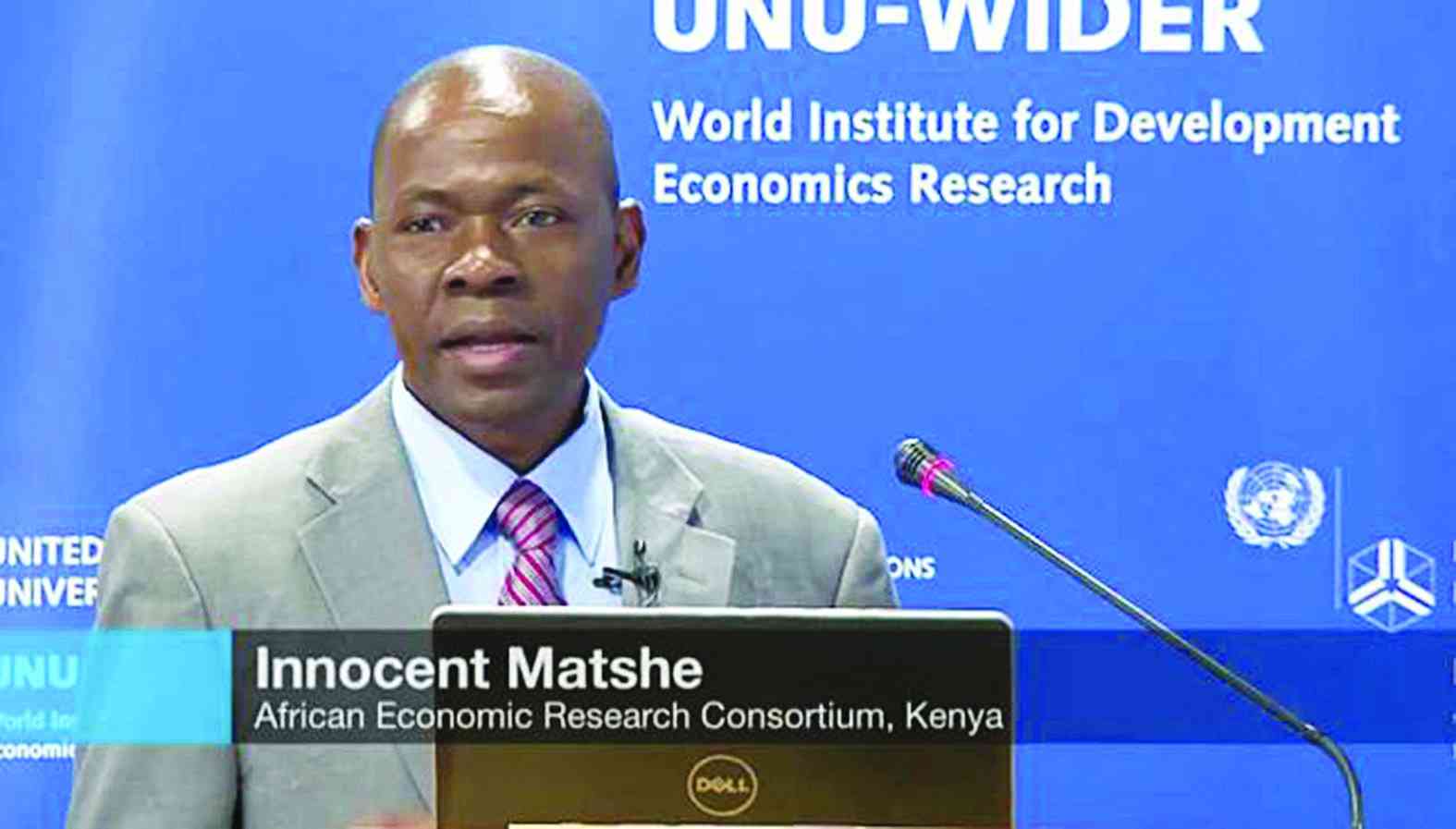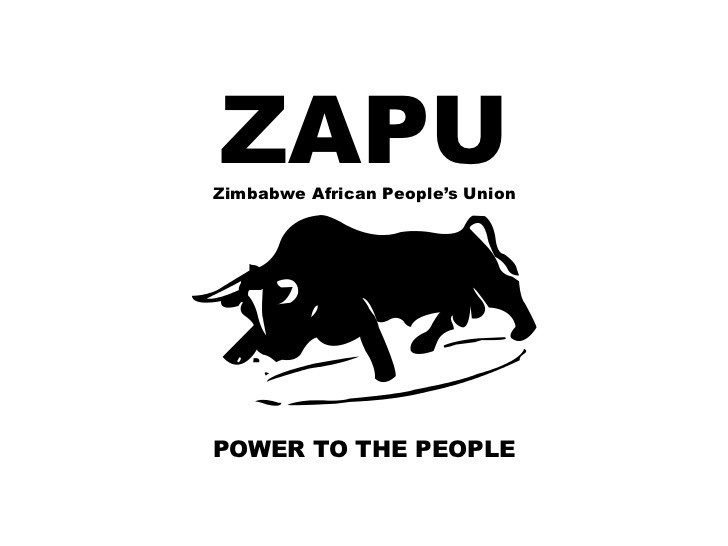
RESERVE Bank of Zimbabwe (RBZ) deputy governor Innocent Matshe says the Zimbabwe Gold (ZiG) will be indefinitely backed as the central bank seeks to shore confidence in the currency ahead of the abandonment of the multi-currency regime in 2030.
The market has recently been rattled by the government announcing its attention to abandon the multi-currency regime by 2030, with many calling the move premature.
This is because Zimbabwe has had several currency flops following their introduction into the economy after a period of exchange rate volatility.
Previously, after making a comeback in June 2019, the Zimbabwe dollar (ZWL) was eventually abandoned in April 2024 for the ZiG, backed by gold and forex reserves.
The reason for its dumping was that it had become hyperinflationary.
However, no modern economy that dollarised heavily has ever gone back to a situation where the US dollar disappears entirely.
Instead, successful cases reduced reliance on the dollar, not cancelling it entirely, by restoring confidence in the local currency so that wages, taxes, savings and most transactions returned to domestic money.
“We will never be able to be competitive as long as we use the United States dollar. There are issues, like the debt ban, like the issues that need to be reformed regulatorily and otherwise. Those will be dealt with,” Matshe said during a Life Offices Association breakfast meeting held in Harare on Friday.
- Rampaging inflation hits Old Mutual . . . giant slips to $9 billion loss after tax
- Monetary measures spur exchange rate stability: RBZ
- DPC pays out $139 million
- Zim deploys IMF windfall to horticulture
Keep Reading
“The key issue is, do you have control of your own monetary policy? For those in business who think that the ZWL was resurrected in ZiG, I want to say that they are wrong. They will be wrong, and it will never happen.
“The ZiG will continue to be backed fully throughout its lifetime. The idea of backing the ZiG is to make sure that there is no movement that is not based on fundamental movements in our economy. So as productivity increases, as the economy expands, there will be adjustments. You will see that in July, the ZiG started strengthening.”
He said the reason why he was confident was that economic agents were increasingly wanting to transact in ZiG or to change agreements into ZiG-based deals.
“Unfortunately, the idea of changing the agreement again in order to anchor trust and confidence, we said, ‘look, that’s not going to be possible. You have to wait. When the agreement is due, it will be paid’,” Matshe said.
“Since the introduction of the ZiG, the Reserve Bank has prudently been managing reserve money to make sure that money supply and liquidity durably anchor price and exchange rates stability. And we have seen the nascent evidence of the decoupling of our exchange rate from inflation.”
University of Zimbabwe Business School director Albert Makochekanwa presented a research paper titled Restoring Confidence in Long-term Savings Post Hyperinflation: A Peek from the Case of Zimbabwe showing that domestic currencies often eroded significant values.
According to the research, the country’s history of high inflation has led to a significant loss of value in nominal savings and pension contributions, with 85% of respondents not keeping long-term savings in banks.
Makochekanwa collected data from 3 200 respondents across 10 provinces and found that only 15% of respondents keep long-term savings in banks, while 74% contribute to pension funds or schemes.
It proved that many people preferred keeping their money outside the formal banking system.
To restore confidence in Zimbabwe’s financial system, Makochekanwa recommended comprehensive reforms, including implementing institutional reforms to strengthen financial institutions, providing a comprehensive compensation plan for those who lost pension benefits or savings due to hyperinflation among others.
He emphasised the need for transparency and accountability in financial institutions, including lower fees and costs, better customer support, and stronger performance guarantees.










